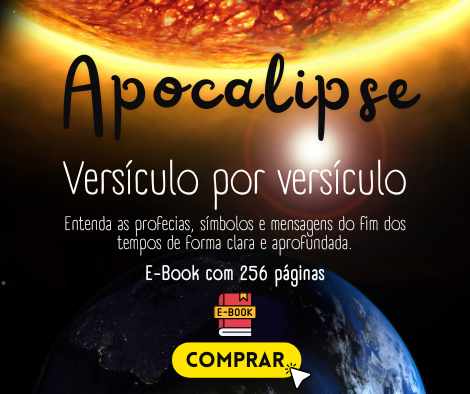The bones of Elisha – Preaching
Preaching Outline on 2 Kings 13:20-21 – “And it came to pass that Elisha died, and they buried him. Now the bands of Moab invaded the land at the turn of the year. And it came to pass, as they were burying a man, that, behold, they saw bands, and they cast the man into Elisha’s grave: and when the man fell on Elisha’s bones, he revived, and stood up on his feet.”
Introduction to 2 Kings 13:20-21
A prophet, a time of crisis
In the 9th century BC, the kingdom of Israel was living through dark days. The people, estranged from God, faced constant wars with neighboring nations, such as the Moabites, who attacked the borders, sacked cities and spread terror. In the midst of this chaos, God raised up men like Elisha, the prophet who succeeded Elijah, to remind the people of his presence and power. Elisha was a man of miracles: he multiplied oil, brought a boy back to life, purified waters and even turned iron into flotsam. But, like everyone else, he also died. But his story doesn’t end with death…
Today, we’re going to explore a surprising episode: Elisha’s bones still had the power to bring a dead man back to life. What does this teach us about legacy, faith and God’s action even after the end of our earthly journey?
Development
The power that surpasses death
1. The man behind the bones
Elisha was not just any prophet. He served God for decades, even in the midst of Israel’s spiritual corruption. His life was marked by radical obedience. When Elijah was taken up to heaven, Elisha inherited not just his mantle, but his mission. He didn’t seek fame, but faithfulness.
Today, reflect: What legacy are you building? Are your days marked by commitment to God or by fleeting distractions?
2. The miracle in the grave
The scene described in 2 Kings 13 is dramatic: a group of Israelites, fleeing an attack by the Moabites, hurriedly throw a man’s body into Elisha’s grave. When they touched the prophet’s bones, the dead man came back to life. God’s power was not limited to Elisha’s earthly life. Even after his death, the Lord used his legacy to work a miracle.
God can use even the “leftovers” of our faith – such as words, examples or prayers – to transform lives long after we are gone. Share a word of hope with someone this week; you don’t know the eternal impact it will have.
The message of the bones
Elisha’s bones remind us that God is not limited by time or death. Just as He used the prophet’s remains, He can use our influence even when we are no longer physically present. A father who prays for his children, a teacher who sows values, a missionary who leaves writings… These are all “bones” that continue to speak.
Identify an area where you can invest today to leave a lasting legacy. How about writing a letter to your grandchildren, contributing to a social project or discipling someone younger?
Conclusion
Life that goes on
The story of Elisha’s bones is not about magic or superstition. It’s about a living God, who honors those who serve Him and uses their lives – and even their memory – to bless others. Like that man, many are “dead” spiritually, without hope. But when they come into contact with the legacy of those who love God, they are resurrected to new life.
“Father, may our lives be like Elisha’s bones: instruments of your power, even when we are no longer here. Help us to live in such a way that our legacy always points to you. In Jesus’ name, amen!”
You don’t have to be perfect to leave a legacy. You just have to be faithful. Elisha’s bones teach us that God makes eternal what we dedicate to him.
Preaching Outline on 2 Kings 13:20-21 – “And it came to pass that Elisha died, and they buried him. Now the bands of Moab invaded the land at the turn of the year. And it came to pass, as they were burying a man, that, behold, they saw bands, and they cast the man into Elisha’s grave: and when the man fell on Elisha’s bones, he revived, and stood up on his feet.”
More Preaching Outlines
- Stephen’s cloak – Acts 7:58
- Valley of dry bones – Ezekiel 37:1-12
- This valley will be filled… – 2 Kings 3:22-23






